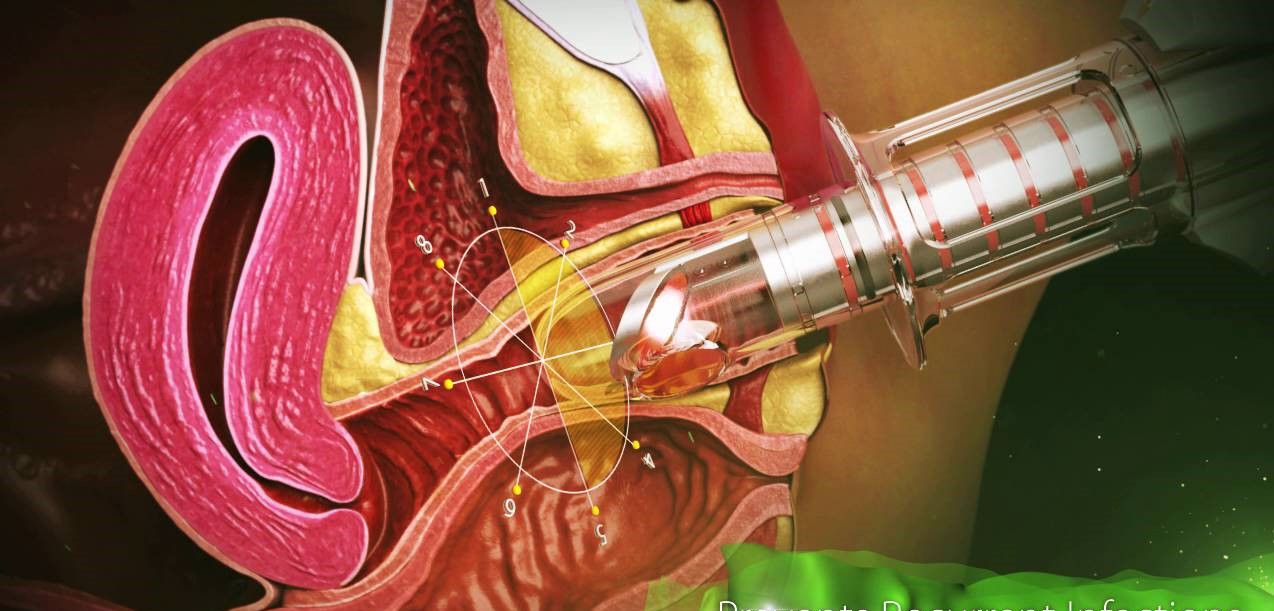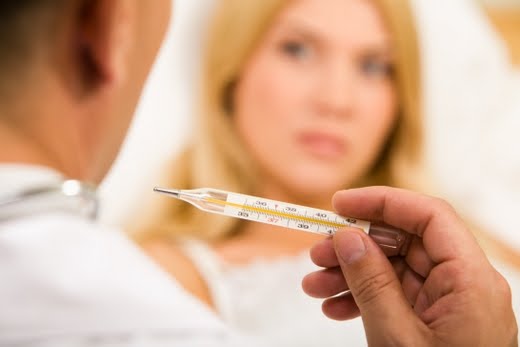Sexually transmitted diseases
İçindekiler
Sexually transmitted diseases (STDs) are generally transmitted when you have sexual intercourse with someone who has a sexual disease. The disease can be transmitted through sexual activity involving the mouth, anus, vagina, or penis. When there is an infection, there may not always be symptoms. Sometimes it can take weeks, months, or years for symptoms to appear. However, the patient may transmit the disease to others without realizing it.
Sexually Transmitted Disease Symptoms
- Burning, soreness during urination, frequent urination
- Formation of sores, warts and water-filled blisters on the penis, vagina, anus, lips and mouth
- A foul-smelling and colored discharge from the penis, vagina or anus, itching,
- Pain, swelling and glands in the groin
- pain in lower abdomen
- Bleeding after sexual intercourse
In sexually transmitted diseases, one or more of these symptoms can be seen together, but they may also be related to other diseases. For correct diagnosis and treatment, you should definitely consult a doctor.
If you get a sexually transmitted disease and go untreated, it can have serious consequences. For example, it can be the cause of infertility, ectopic pregnancy, and even cervical cancer in women.
Those who carry sexually transmitted diseases can pass the microbe they carry to their babies during pregnancy or birth.
What are Sexually Transmitted Diseases?
The main ones are Genital Herpes (genital herpes), Human Papilloma Virus (genital wart-condyloma), Hepatitis, Chlamydia, Syphilis (Syphilis), Gonorrhea (gonorrhea), Mycoplasma Genitalis, Ureaplasma
chlamydia
It is one of the most common and treatable sexually transmitted diseases, causing infection of the cervix in women and the urethra of the penis in men. The most common symptoms are pain during intercourse and discharge from the penis or vagina. However, most patients with chlamydia may not have symptoms for weeks, months or even years, that is, they are asymptomatic. It is important to screen for and treat chlamydia. Otherwise, it can cause serious damage in the long run. Using condoms helps prevent the disease.
Gonorrhea
It is the other most common bacterial sexually transmitted disease. It usually infects the same organs as chlamydia and has similar long-term effects. Gonorrhea symptoms include burning on urination and yellow-white or green discharge in men. As with chlamydia, many people with gonorrhea do not have symptoms. One of the biggest problems with gonorrhea today is that antibiotic-resistant gonorrhea is a growing problem.
Syphilis (Syphilis)
It is a common sexually transmitted disease. The disease is caused by a bacterium called “Treponema pallidum” and can lead to serious complications if left untreated. Syphilis is transmitted through direct contact with syphilis sores that can appear in the external genital area, mouth, vagina or rectum, that is, through oral sex, vaginal or anal intercourse. Since syphilis sores can also occur in areas not covered by the condom, condoms only reduce the chance of transmission, but do not completely eliminate it. Small painless sores (chancre) of early syphilis may heal on their own, but this does not mean that the disease is cured, it just makes it more difficult to detect and treat.
mycoplasma
The little-known sexually transmitted disease Mycoplasma genitalium (MG) has been more common than gonorrhea in recent years. Moreover, it has begun to emerge as the leading cause of cervicitis in women and nongonococcal urethritis in men, such as gonorrhea and chlamydia. It is thought to be associated with very serious long-term consequences, including Pelvic Inflammatory Disease (PID) and infertility if left untreated.
Ureaplasma
Frequent urinary tract infection , Vulvovaginitis, cervicitis, and vaginal discharge, an important manifestation of pelvic inflammatory disease (PID), may be a symptom of ureaplasma urealyticum infection. U.urealyticum causes many problems such as infertility, nongonococcal urethritis, chorioamnionitis and low birth weight baby.
In order to reveal Mycoplasma and Ureaplasma bacteria, a vaginal culture-antibiogram should be made from the vaginal discharge and grown in special media developed. In this way, an accurate and reliable diagnosis can be made.
trichomonans
Trichomoniasis is a treatable sexually transmitted disease that is more common in women than in men. Because the symptoms are similar, it can be mistaken for a yeast infection or bacterial vaginosis. It can cause complaints such as foamy vaginal discharge, strong vaginal odor, pain during sexual intercourse, irritation and itching. Men can also get trichomonas infection, but the same symptoms do not occur. Once diagnosed, your partner must also be treated.
Human Papilloma Virus (HPV)
probably the most common viral STD. HPV is known as cervical cancer (cervical cancer virus) and also causes genital warts. Although HPV cannot be cured completely, its symptoms can be treated and in many people the disease regresses spontaneously. It is recommended that children aged 11-12 be vaccinated with the HPV vaccine to protect them from HPV in the future.
Herpes Virus (Genital Herpes)
is another viral CBH and has two forms, HSV-1 and HSV-2.
HSV-1 is mostly associated with sores around the mouth and HSV2 is mostly associated with genital sores. However, it is possible to transmit herpes from the mouth to the genitals or from the genitals to the mouth. Herpes symptoms can be treated with antiviral medications, but the virus cannot be completely eradicated. People with herpes virus should be aware that they can transmit the virus even when they don’t have any sores or other symptoms. Although using condoms can reduce the risk of herpes transmission, it is not 100 percent effective.
AIDS and Hepatitis
Some viruses, such as AIDS and Hepatitis, are transmitted in ways other than sexually. For example, it can be transmitted through blood transfusion, blood collection with non-sterile needles, intravenous drug use (using someone else’s needle), or tattooing in non-sterile conditions, ear piercing. You will not catch sexually transmitted diseases by using someone else’s glass or cutlery.
Bacterial Vaginosis (BV)
Bacterial vaginosis (BV) is a condition in which healthy bacteria in a woman’s vagina are destroyed and replaced by different organisms. Symptoms include white or gray discharge from the vagina, burning, itching, and a strong fishy odor, especially noticeable after intercourse. Antibiotics are used to get rid of BV, but it often reoccurs even after successful treatment. Infection can increase the risk of pelvic inflammatory disease and preterm delivery.
Treatment of Sexually Transmitted Diseases
Sexually transmitted diseases usually do not heal on their own. It must be treated properly. Accurate diagnosis and appropriate treatment are determined by laboratory examinations made from vaginal discharge, anus or penile swab. The treatment given should be applied fully even if the complaints disappear. It is necessary not to have sexual intercourse during the treatment or to use a condom when intercourse occurs.
From the moment you are infected with the disease and during treatment, you can transmit the disease to anyone you have sexual intercourse with.
It is very important for your sexual health to avoid sexual intercourse or to use condoms with people you think or suspect have had sexual intercourse with someone else.
Ways of Protection from Sexually Transmitted Diseases
Using a condom during sexual intercourse is the safest way to prevent the spread of sexually transmitted diseases. Condoms offer a physical barrier against germs.
A new latex condom should be used each time for oral, vaginal or anal sex.
When using latex condoms, avoid using an oil-based lubricant. Contraceptive methods such as oral contraceptives (birth control pill) or spiral (intrauterine device) do not work to protect against sexually transmitted infections.
Avoiding sexual activity is the most effective way to prevent sexual transmission.
Monogamy with an uninfected partner is recommended.
Vaccines: There are vaccines that prevent infections caused by HPV and Hepatitis B.
Regular checkup: Check if your partner has a sexually transmitted disease before having sex with a new partner.
Education: The society should be informed about the importance of safe sex.
To make an appointment with Jin.Op.Dr.Yeşim Yerçok (Gynecology and Obstetrics Specialist) , the contact information is below:
For appointment Tel: 0216-3851715
Address: Fener Kalamış cad. Billur apt. No:5 Da:9 Kiziltoprak/Istanbul
Email: info@dryesimyercok.com









